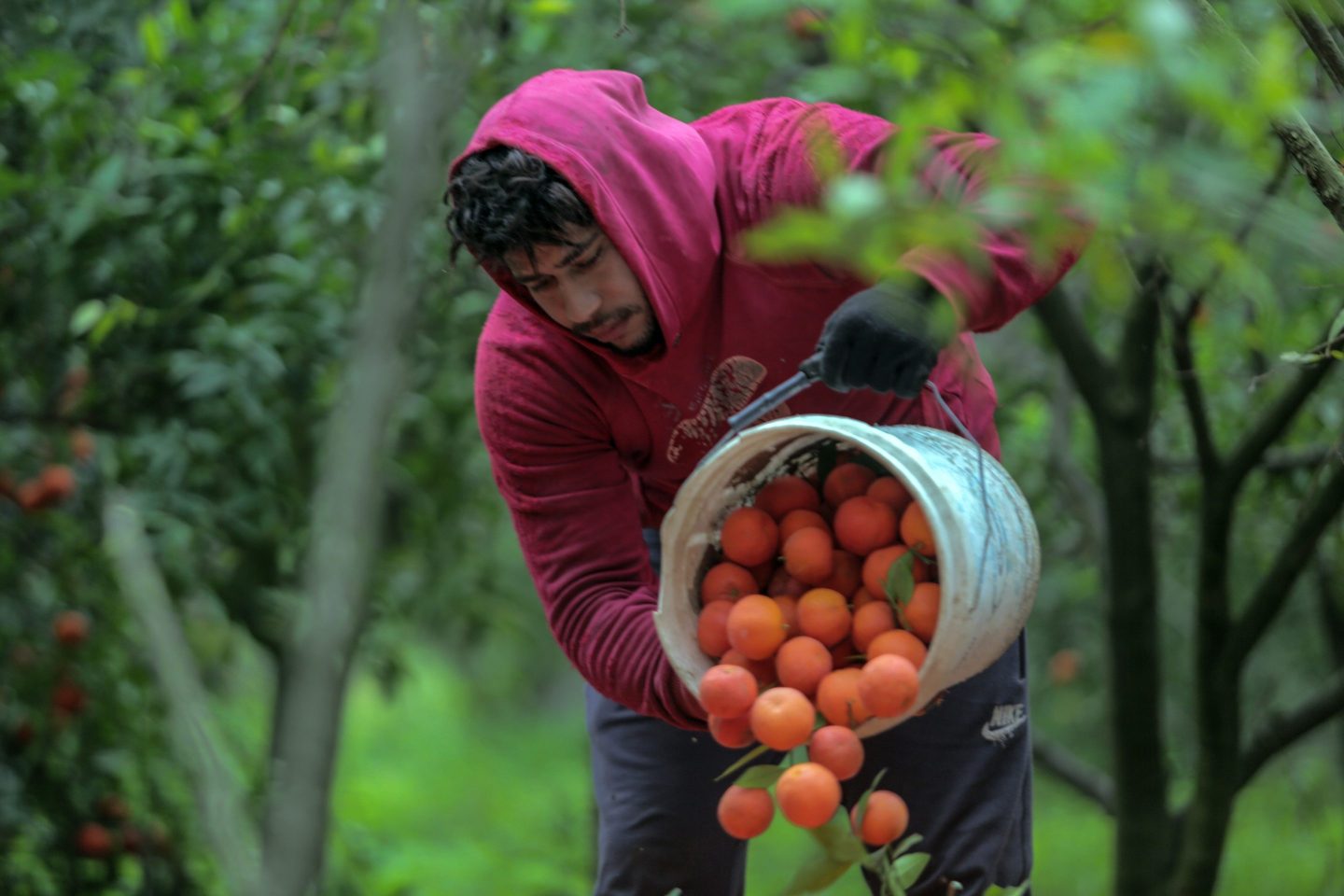The cool splash of orange juice and hot steam of fresh coffee around the breakfast table could become a rarer sight as both commodities become pricier amid a worsening climate crisis. As a result of limited harvests and decreased exports, these breakfast beverage staples have become more expensive to consumers.
The retail cost of frozen orange juice concentrate in the U.S. reached an all-time high in April of $4.28 per 16 ounces, almost double its pre-pandemic cost of $2.28, according to data from the U.S. Department of Agriculture. Coffee is likewise more expensive, with robusta beans surging in price to $3,777 per ton as of April, compared to around $2,400 12 months prior.
“Orange juice prices are rising because of the three Ds: Drought, Disease, [and] Demand,” Dave Reiter, a trader for Reiter Capital Investments, told CNBC in an email. “When most people think of orange juice production, they think of Florida and California. Actually, Brazil is the largest producer of oranges and orange juice.”
The South American nation that produces 70% of the world’s orange juice supply has been hit hard by both flooding and extreme heat that disrupt the crop’s growing cycle, as well as the spread of greening citrus disease, an incurable bacterial infection that kills orange trees in a matter of a few years. Orange production in Brazil is forecast to yield its second-smallest crop since 1988 to 1989, per a May 2024 report by Fundecitrus, an association of citrus growers focused on the sustainability of the industry. The country’s output during the 2024–25 season is projected to drop 24% from the previous year.
Brazil’s erratic weather is having a different impact on the country’s massive coffee crop. Producing one-third of the world’s coffee beans and holding the title of the world’s largest grower and exporter of coffee, Brazil is expected to increase its yield of some bean varieties this year, thanks to a booming robusta crop, a variety used to make instant coffee. But Vietnam, the world’s second-largest coffee grower, is struggling, as a looming drought threatens production. Robusta bean exports could drop as much as 20% from last September to this September compared to the same period the year before.
Climate change may not be top of mind for many U.S. consumers, argues Uriyoán Colón-Ramos, an associate professor of global health and nutrition at George Washington University Milken Institute School of Public Health. But sky-high food prices can change that perception.
“It’s really tangible, and it’s present, and it’s urgent,” Colón-Ramos told Fortune. “Climate change—for those of us who have not been faced with extreme weather events, personally—doesn’t have that same sense of urgency as food, necessarily.”
Search for solutions
As a result of crop shortages, producers and distributors of consumer packaged goods are getting creative. Beverage companies are coping with orange productivity declines by not only raising prices for consumers, but by also swapping out the precious citrus with other fruits, from mandarins to apples and grapes.
While seemingly a simple solution to the crop shortage, supplementing orange juice with other fruits is highly regulated, with citrus hybrids allowed to make up only 10% or less of distributed orange juices, according to food standards set by the U.S. Food and Drug Administration and United Nations.
The hurdles climate scientists must jump over to implement solutions to food production are similarly frustrating, Colón-Ramos said. While different sectors and companies are generating different solutions to crop production, such as using date seeds and chickpeas to create beanless coffee or improving irrigation to use less water for rice plants, these different areas of research often aren’t in conversation with each other.
“Clearly there’s no silver bullet,” she said. “What needs to happen is that across the sectors, we start talking to each other so that we can maximize the benefits of preserving ecosystems.”
But it’s not just a communication issue. In order for real progress to be made in minimizing the impact of climate change on agriculture, she argued, farmers need to have incentives to produce crops in new ways. These climate-friendly solutions can be effective in the long term, but they are initially riskier, yielding smaller productions, which is completely counter to the priority of the current industry, which is all about maximizing a crop’s harvest at whatever cost, including the use of pesticides and herbicides that can harm the environment.
In the meantime, the lack of cross-sector communication can create the illusion that no progress is being made at all, Colón-Ramos said: “It feels like we’re running behind the problem instead of getting ahead of it.”













